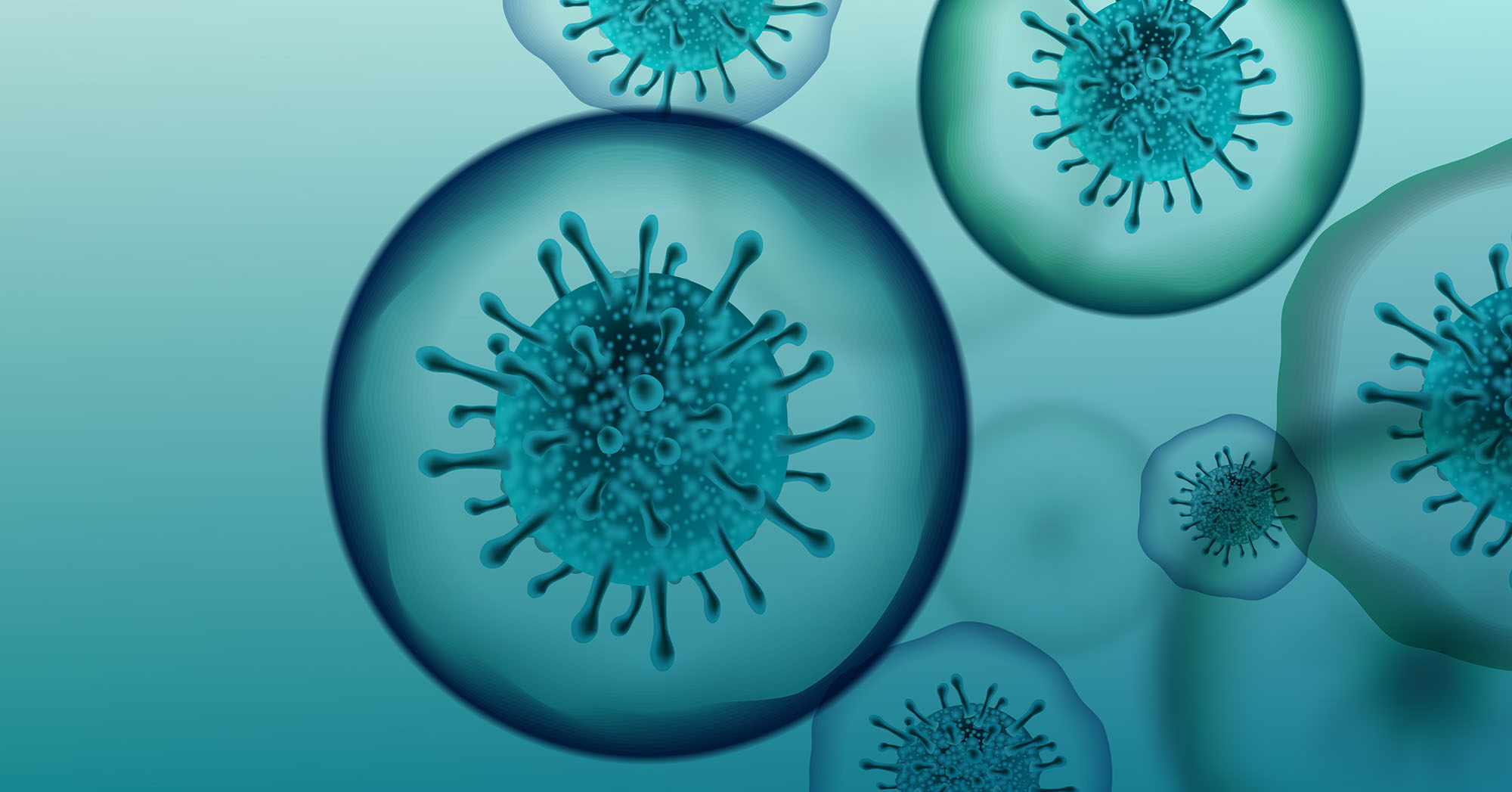As New York enters the phases of re-opening its non-essential business and an expected end to the stay-at-home orders, True Care would like to remind you of some important health precautions. Preventing COVID-19 and preventing heat-related illnesses are of significant concern right now.
Heat-Related Illnesses
This summer, the risk of COVID-19 transmission has to be balanced against the risk of heat-related illnesses. Staying at home during the hot weather, without air conditioning can increase the risk for heat-related illnesses. Electric fans are often not adequate to provide cooling during very hot weather. Unfortunately, air conditioner ownership will decline due to rising unemployment. Through the end of August, people who meet income and other criteria can apply for funds from th eNew York State Home Energy Assistance Program to purchase and install an air conditioner. Applications can be found here for cooling assistance applications.
During the hot weather stay well hydrated and keep as cool as possible. If a heat-wave or extreme temperatures are predicted please make a plan for cooling relief. Everyone should monitor themselves for hydration with adequate fluid intake, adequate urination and weight fluctuations if applicable.
COVID-19
There is currently no vaccine to prevent COVID-19, the best way to prevent illness is to avoid being exposed to the virus. COVID-19 is spread mainly from person to person:
-
-
- Between people who are in close contact with one another (within 6 feet)
- Through droplets produced when an infected person coughs, sneezes or talks.
- Some studies show that COVID-19 may be spread by people who don’t have any symptoms.
-
Protect yourself with these recommendations
-
-
- Wash your hands often or use hand sanitizer when water is not available.
- Avoid touching your eyes, nose, and mouth with unwashed hands.
- Avoid close contact with people who are sick.
- Stay at least 6 feet away from others when outside of the home if possible.
- Use a face covering when you are around others.
- Cover coughs and sneezes.
- Disinfect frequently touched surfaces.
- Self-monitor for symptoms.
-
How COVID-19 can quickly spread in the community
COVID-19 testing has recently become more available. You can speak to your healthcare provider to determine if you should be tested and which type of test you should receive.
There are two types of tests for COVID. Tests for current infection and tests for the presence of antibodies.
Tests for current infection are viral tests and they take a sample from your respiratory system (such as a swab inside of the nose) to tell you if you currently have an infection for COVID-19 (SARS-Cov-2). Some of these tests are point-of-care tests that offer results in less than one hour. Other tests may be sent to a laboratory to analyze which can take several days.
Free tests are available for all New Yorkers. Go to this link to find a free testing site near you.
Tests for past infection are also called an antibody test. This test checks your blood for antibodies which can show if you had a past infection with the virus that causes COVID-19. Antibodies are disease specific. For example, measles antibodies will protect someone who has been exposed to the measles, but will have no effect if the person is exposed to the mumps. Depending on when someone was infected and the timing of the test, the test may not find antibodies in someone with a current COVID-19 infection and these tests are not used to diagnose COVID-19. If your results are positive for antibodies this means that you may have antibodies from the virus that causes COVID-19 or possibly an infection from a closely related virus. It is not currently known if having antibodies will protect you from getting COVID-19 again, or if they do, how long this protection may last. If your results are negative for antibodies you may still have a current COVID-19 infection and still be contagious. It usually takes 1-3 weeks after an infection to develop antibodies, but it may take longer or some people may not develop antibodies at all. Antibody tests can be obtained through healthcare providers and laboratories.
Both the tests for current infection and the tests for the presence of antibodies can sometimes offer results that are inaccurate (false negative and false positives). These tests were developed under the emergency use authorization (EUA) of the Federal Drug Administration (FDA) and are still in the process of being perfected. Each test has its own reliability rate (usually 80%-90% or more). Please ask your healthcare provider for the specific details of the reliability of the test you are receiving.




